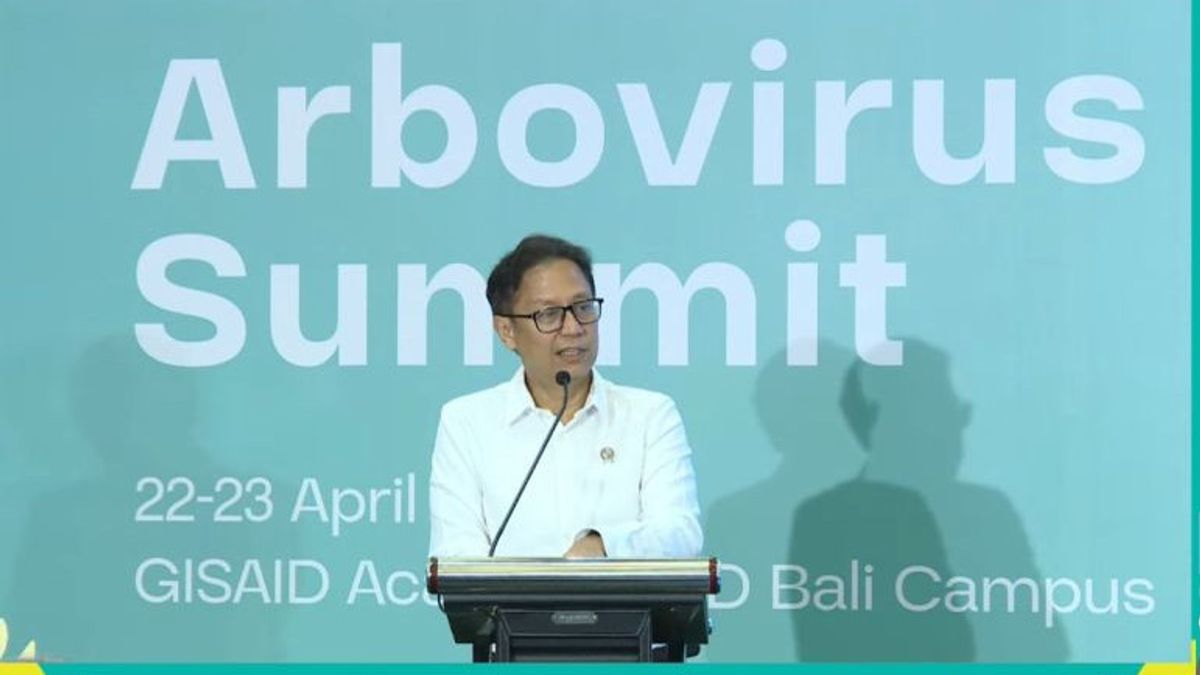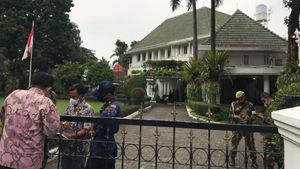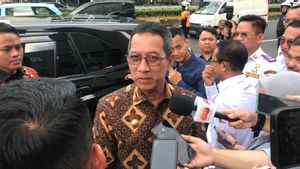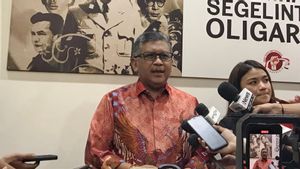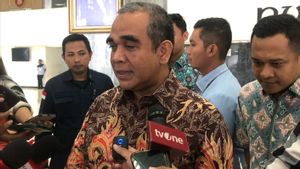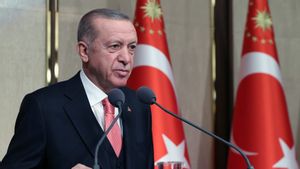Minister of Health Budi Gunadi Sadikin said there were a number of efforts that needed to be made to overcome the spread of arboviruses, or viruses that were transmitted from insects such as mosquitoes. The first thing is education.
This was conveyed by Budi in the Arbovirus Summit by the Ministry of Health and the Brazilian Ministry of Health which was broadcast in Jakarta, Monday, April 22.
Budi said education is the most important protection, because it can change a person's behavior patterns to be healthier.
"During COVID-19, we realized the importance of using social media to educate our society. (Social media) can be a good or a bad thing. However, if our social media is not strong, then people who are anti-vaccinated, all bad things about health, will dominate the public's mind," he said as quoted by Antara.
The second thing, he said, is controlling factors, for example to dogs in order to control rabies, as is done in East Nusa Tenggara and Timor Leste. Another example, he said, is the implementation of the Wolbachia mosquito as implemented by Brazil.
The third, he said, was strong surveillance, carried out by GISAID. He mentioned that surveillance is one of the keys, because it is like a war, there must be good intelligence and radar systems, in order to find out the threats that attack. He considered this to be done with the existence of a public health laboratory network.
With the help of the Centers for Disease Control and Prevention (CDC) and the World Bank, he said, Indonesia is developing a network of health laboratories in 514 cities and 38 provinces, as well as six regional laboratories and two national laboratories.
"The fourth is, if there is a vaccine, then we have to develop the vaccine. And now, reflecting on the experience of COVID-19, vaccines can be developed faster by using the latest technology," he said.
Director-General of the World Health Organization Tedros Adhanom Ghebreyesus said the geographical coverage of arbovirus is getting bigger due to urbanization, climate change, and the rapid addition of mosquito populations.
"In 2023, more than six million dengue cases were reported globally, and about three million cases have been reported this year, although the most intense transition season has not yet started in a number of areas," he said.
Tedros said, in 2022, WHO will launch a Global Arbovirus Movement to support countries in preparing themselves, preventing, and controlling these types of diseases.
"One of the most urgent needs is combining genomic surveillance in integrated arbovirus surveillance to monitor risks and accelerate responses," he said.
SEE ALSO:
The English, Chinese, Japanese, Arabic, and French versions are automatically generated by the AI. So there may still be inaccuracies in translating, please always see Indonesian as our main language. (system supported by DigitalSiber.id)
Most Popular Tags
#Prabowo Subianto #New Year #Syria #nataru #NatalPopular
21 Desember 2024, 03:00
21 Desember 2024, 05:00
